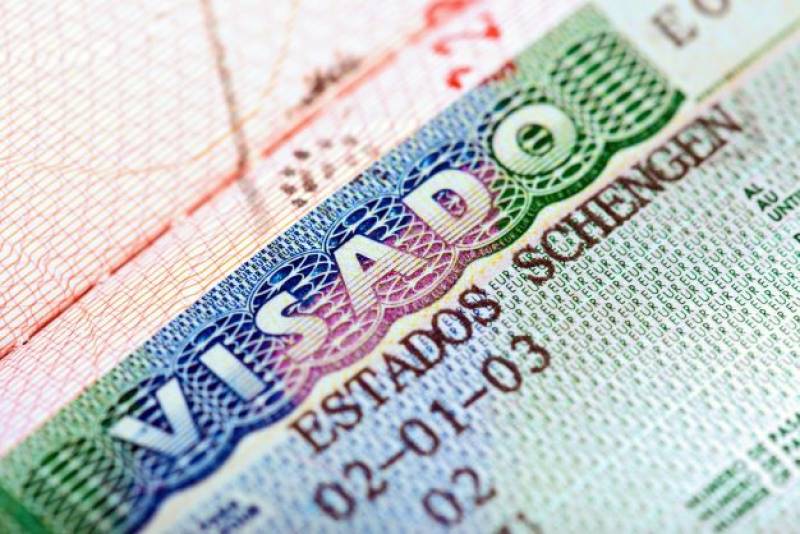- Region
- Águilas
- Alhama de Murcia
- Jumilla
- Lorca
- Los Alcázares
- Mazarrón
- San Javier
-
ALL AREAS & TOWNS
- AREAS
- SOUTH WEST
- MAR MENOR
- MURCIA CITY & CENTRAL
- NORTH & NORTH WEST
- TOWNS
- Abanilla
- Abarán
- Aguilas
- Alamillo
- Alcantarilla
- Aledo
- Alhama de Murcia
- Archena
- Balsicas
- Blanca
- Bolnuevo
- Bullas
- Cañadas del Romero
- Cabo de Palos
- Calasparra
- Camping Bolnuevo
- Campo De Ricote
- Camposol
- Canada De La Lena
- Caravaca de la Cruz
- Cartagena
- Cehegin
- Ceuti
- Cieza
- Condado de Alhama
- Corvera
- Costa Cálida
- Cuevas De Almanzora
- Cuevas de Reyllo
- El Carmoli
- El Mojon
- El Molino (Puerto Lumbreras)
- El Pareton / Cantareros
- El Raso
- El Valle Golf Resort
- Fortuna
- Fuente Alamo
- Hacienda del Alamo Golf Resort
- Hacienda Riquelme Golf Resort
- Isla Plana
- Islas Menores & Mar de Cristal
- Jumilla
- La Azohia
- La Charca
- La Manga Club
- La Manga del Mar Menor
- La Pinilla
- La Puebla
- La Torre
- La Torre Golf Resort
- La Unión
- Las Palas
- Las Ramblas
- Las Ramblas Golf
- Las Torres de Cotillas
- Leiva
- Librilla
- Lo Pagan
- Lo Santiago
- Lorca
- Lorquí
- Los Alcázares
- Los Balcones
- Los Belones
- Los Canovas
- Los Nietos
- Los Perez (Tallante)
- Los Urrutias
- Los Ventorrillos
- Mar De Cristal
- Mar Menor
- Mar Menor Golf Resort
- Mazarrón
- Mazarrón Country Club
- Molina de Segura
- Moratalla
- Mula
- Murcia City
- Murcia Property
- Pareton
- Peraleja Golf Resort
- Perin
- Pilar de la Horadada
- Pinar de Campoverde
- Pinoso
- Playa Honda
- Playa Honda / Playa Paraíso
- Pliego
- Portmán
- Pozo Estrecho
- Puerto de Mazarrón
- Puerto Lumbreras
- Puntas De Calnegre
- Region of Murcia
- Ricote
- Roda Golf Resort
- Roldan
- Roldan and Lo Ferro
- San Javier
- San Pedro del Pinatar
- Santiago de la Ribera
- Sierra Espuña
- Sucina
- Tallante
- Terrazas de la Torre Golf Resort
- Torre Pacheco
- Totana
- What's On Weekly Bulletin
- Yecla


- EDITIONS:
 Spanish News Today
Spanish News Today
 Alicante Today
Alicante Today
 Andalucia Today
Andalucia Today
article_detail
The 7 top types of visa for Brits moving to Spain after Brexit
Get a visa to live in Spain post-Brexit — find out which kind of visa you should get that is best for you

Now that the United Kingdom is no longer part of the European Union, British nationals are classed as third-country citizens for European countries and need a visa in order to live and work in Spain.
However, there are many different types of visas in Spain and different ways to get them, and the kind of visa you need will depend upon your circumstances. So what visa do you need to live in Spain post-Brexit?
These are the 7 main options for Brits looking to move to Spain and buy a Spanish property, as explained by the real estate experts at Micasamo Realty.
1. Visa through property purchase
If you’re planning to purchase a property to live in Spain, your best and easiest option is probably to get a visa through property purchase, better known as the ‘Golden Visa’. This gives you automatic residence in Spain for you and your dependents – such as partner or children – if you buy real estate worth at least 500,000 euros (not including a mortgage).
With a Golden Visa, you can live in Spain with a residence permit for an initial period of two years, but this can be extended up to five years, giving you time to apply for permanent residency in Spain.
One of the best parts of having a Golden Visa in Spain is that you don’t have to actually live in the country full-time. The visa requirements only state that you must visit the country at least once a year, such as going on holiday.
2. Visa through investment
Technically, this way of obtaining a residence permit to live in Spain is also part of the Golden Visa, but it relies on making an investment in Spanish enterprises or public debt rather than real estate. However, the minimum spend is much higher than if you buy a property.
For this type of visa, you must invest at least 1 million euros in a Spanish company, deposit at least 1 million euros in a Spanish financial entity or buy up a minimum of 2 million euros’ worth of Spanish public debt.
3. Entrepreneur visa
As well as investing in Spain or Spanish businesses, you can get a visa by setting up your own business in Spain. The criteria to meet are quite stringent, such as the somewhat woolly concepts that it be of ‘general interest’ to the country and that it have an ‘innovative aspect to its activity’ or carry special economic interest to Spain.
Unsurprisingly, this type of visa for living in Spain also involves a significant outlay of capital.
4. Visa through your own funds
It’s also possible to live in Spain but not work or carry out any professional activity via the so-called Non-lucrative Visa or NLV. To qualify for this visa, you must prove that you have sufficient funds to support yourself. The most recent minimum amount to be self-sufficient in Spain, as of 2022, was set at 2,316 euros/month (27,793 euros/year).
This is a good option for Brits nationals looking to retire to Spain, as long as you have enough money in the bank.
5. Digital Nomad Visa
New for 2023 and part of Spain’s ambitious start-up legislation, the much talked-about Digital Nomad Visa is created for people who work remotely in Spain for a non-Spanish company, either as a contracted employee or as a freelancer, and it also includes your dependents.
You can work remotely for Spanish companies as long as they represent no more than 20% of your income. As well as allowing you to continue working for your current company, but remotely from Spain, this visa provides you with a reduction in your income tax rate of 15% over four years.
6. Employment visa
If you’re planning to work when you live in Spain, you can get a visa sponsored for you by a Spanish-based company.
7. Self-employment visa
Alternatively, you could set up as a freelance worker or establish your own business in Spain. To apply for a Self-employment visa, you will need to have a detailed business plan that proves you have sufficient funds to support yourself while you’re living in Spain, plus any funds that may be necessary to set up your business and acquire the proposed premises, if applicable.
What do I need to get a visa in Spain?
Whichever type of visa or residency permit you go for, there will inevitably be a lot of red tape and additional paperwork. In fact, Spain is notorious for having an exceptionally convoluted bureaucratic system.
On top of fulfilling all the requirements for the specific visa you’re applying for, you will also need the following:
- Private health insurance, valid in Spain and usually paid in advance for at least a year
- A clean criminal record in the country/countries you have lived in up to five years before moving to Spain
- Birth and/or marriage certificates as proof of kinship for any dependents you are also applying for
You must get an official, stamped translation for all and any documents that are not in Spanish, which is called a ‘traducción jurada’. You can get a registered Spanish translator to do that for you.
In addition, any documents issued by a non-EU state (such as the UK) must also be legalised by consular representatives or carry the Hague Apostille.
Your best option is to seek the advice of an experienced professional in visas, paperwork and property when applying for residency to live in Spain. Micasamo have a professional, efficient approach and can advise you on the whole process of buying property in Spain, as well as point you in the direction of quality competent professionals to help you.
Image: Archive













